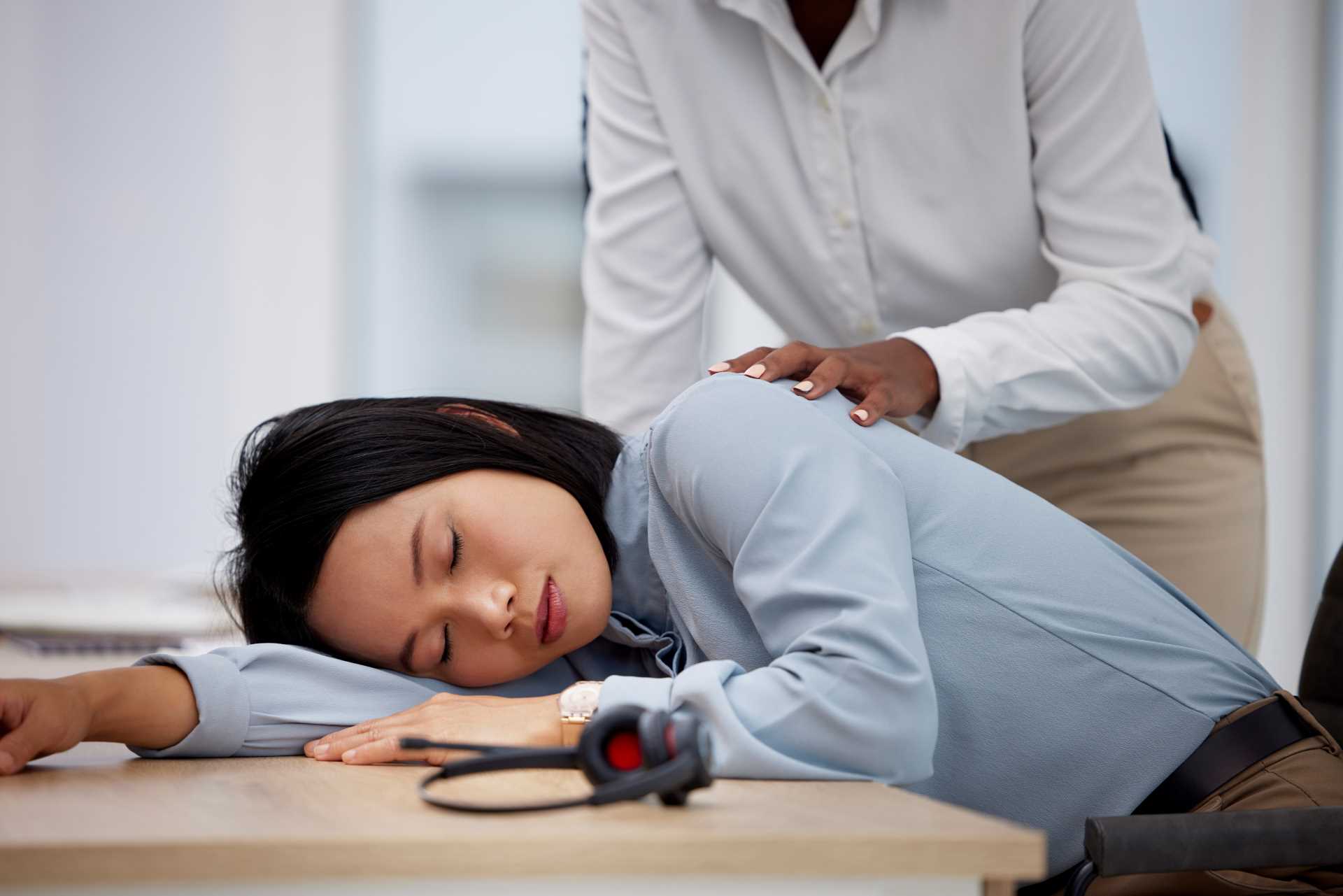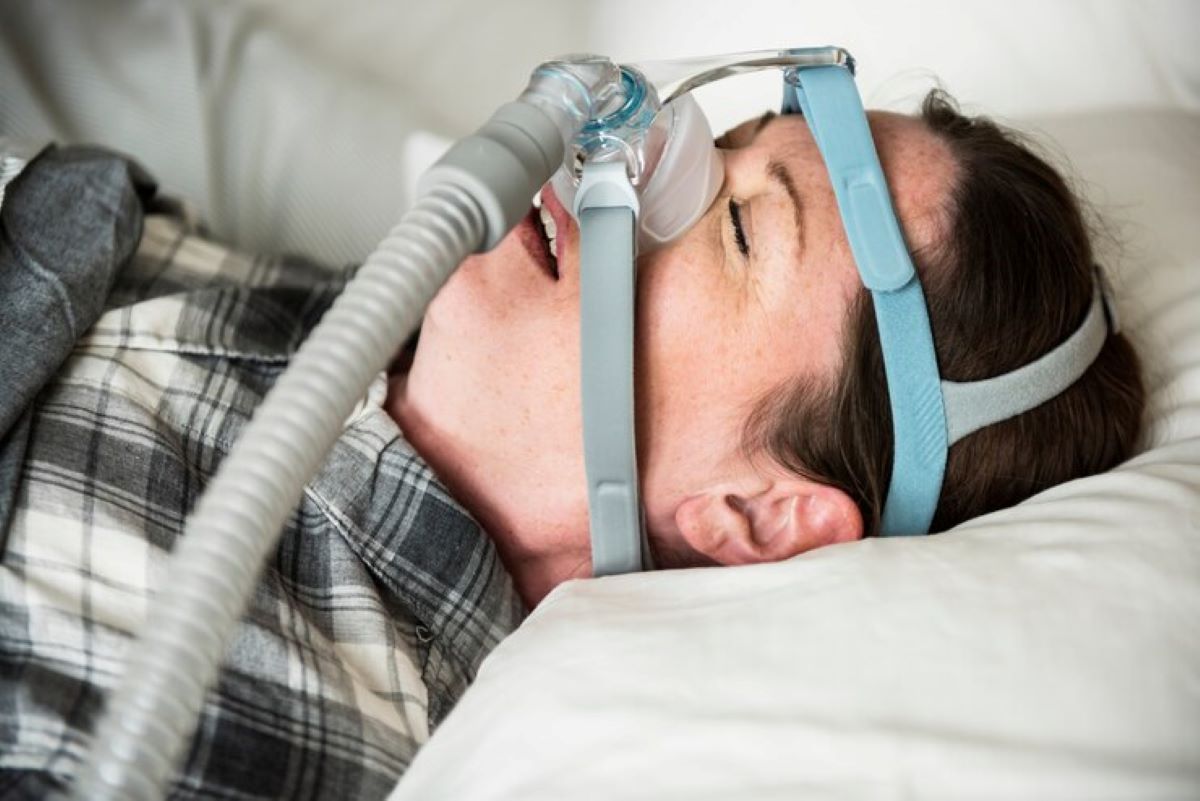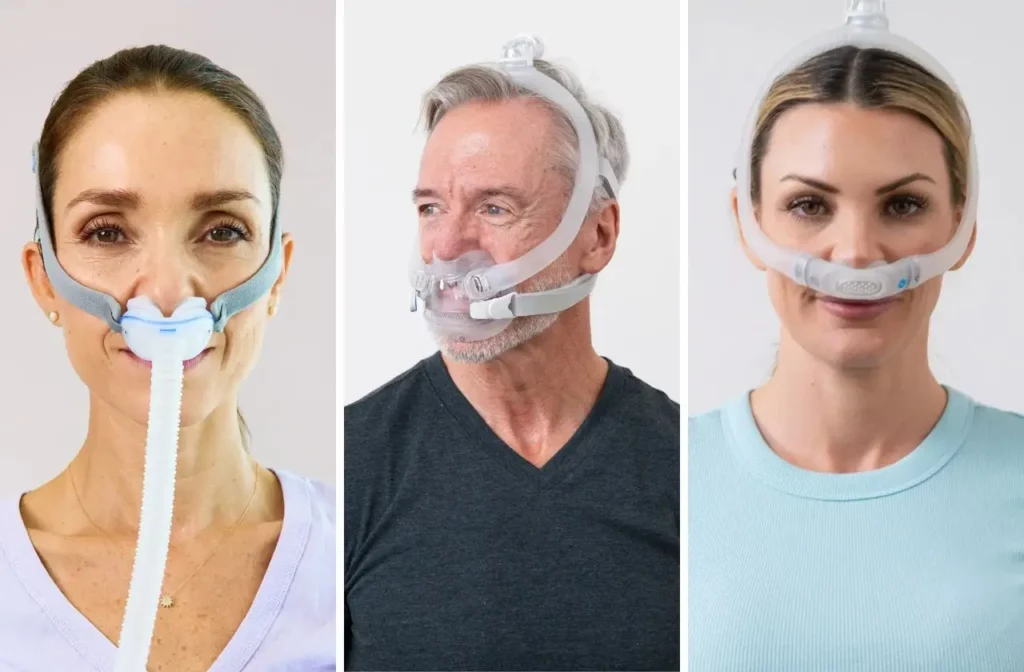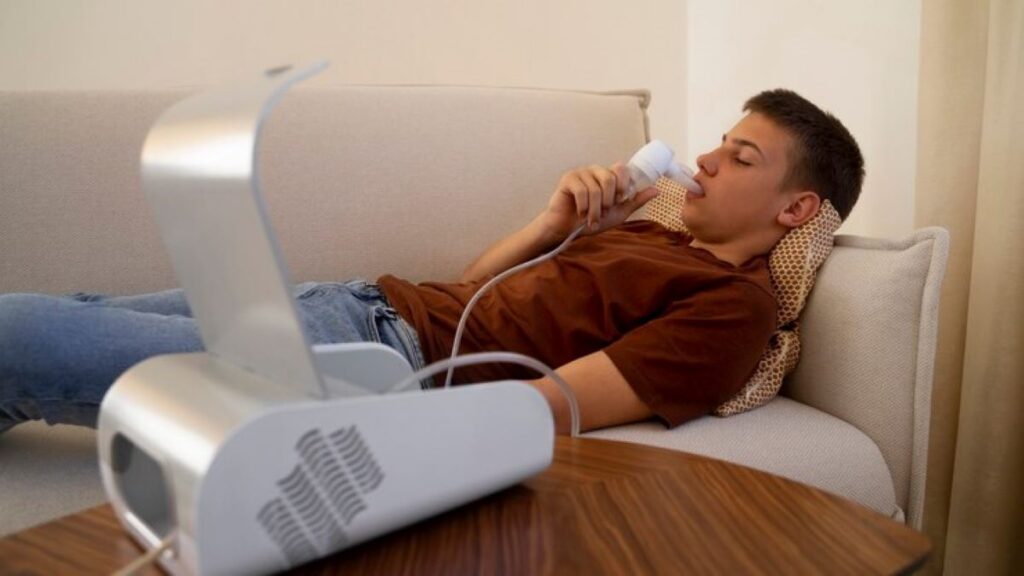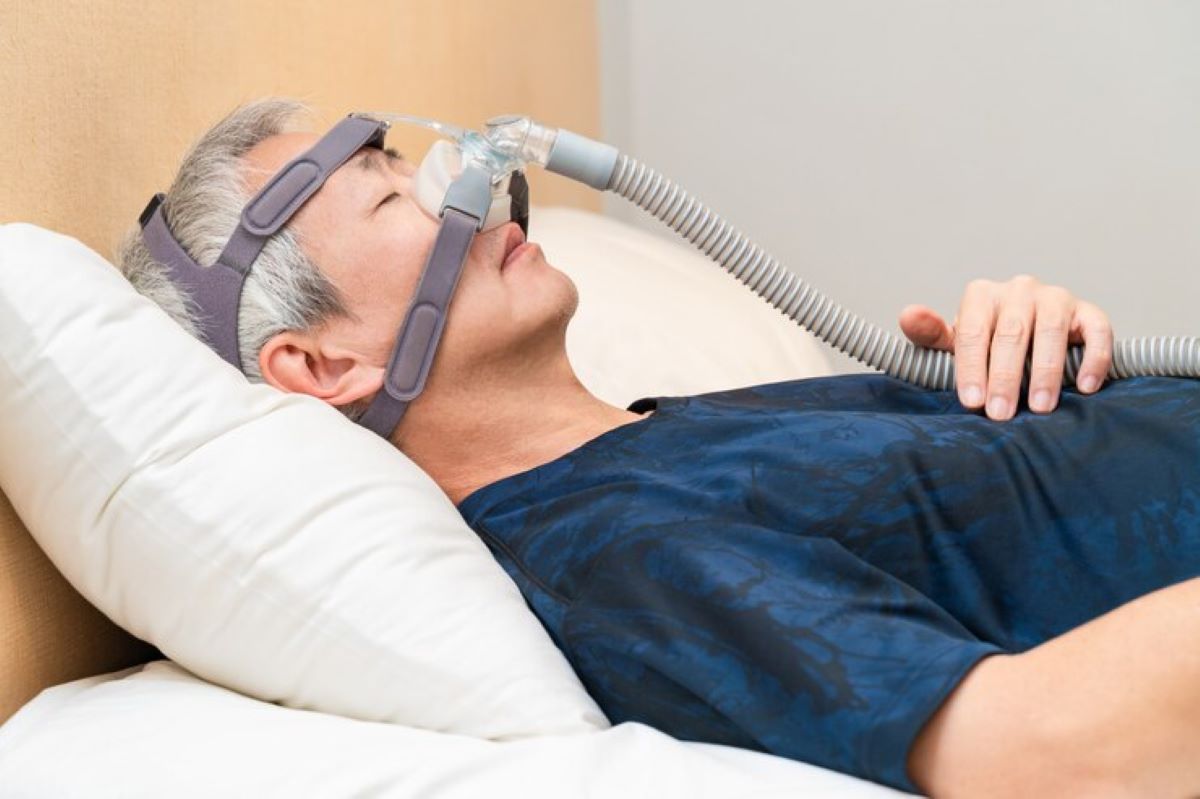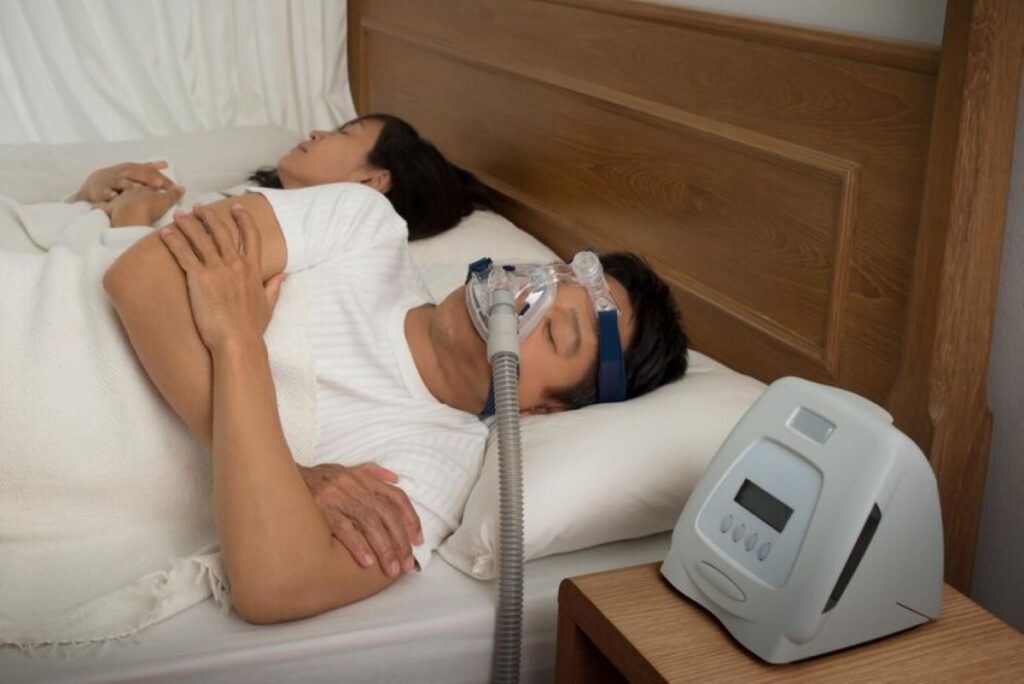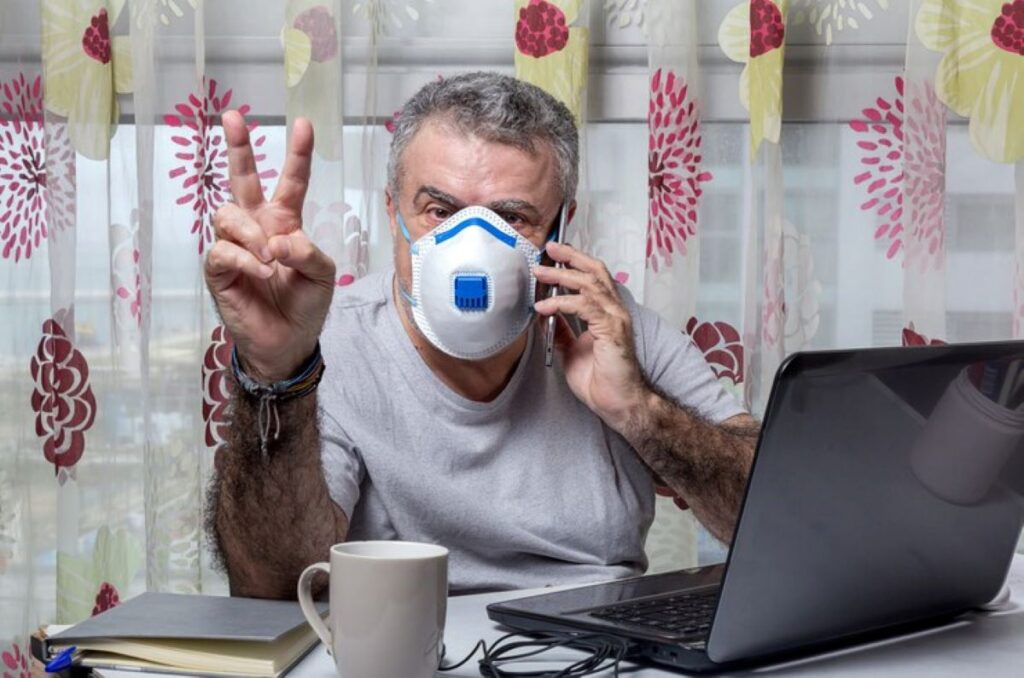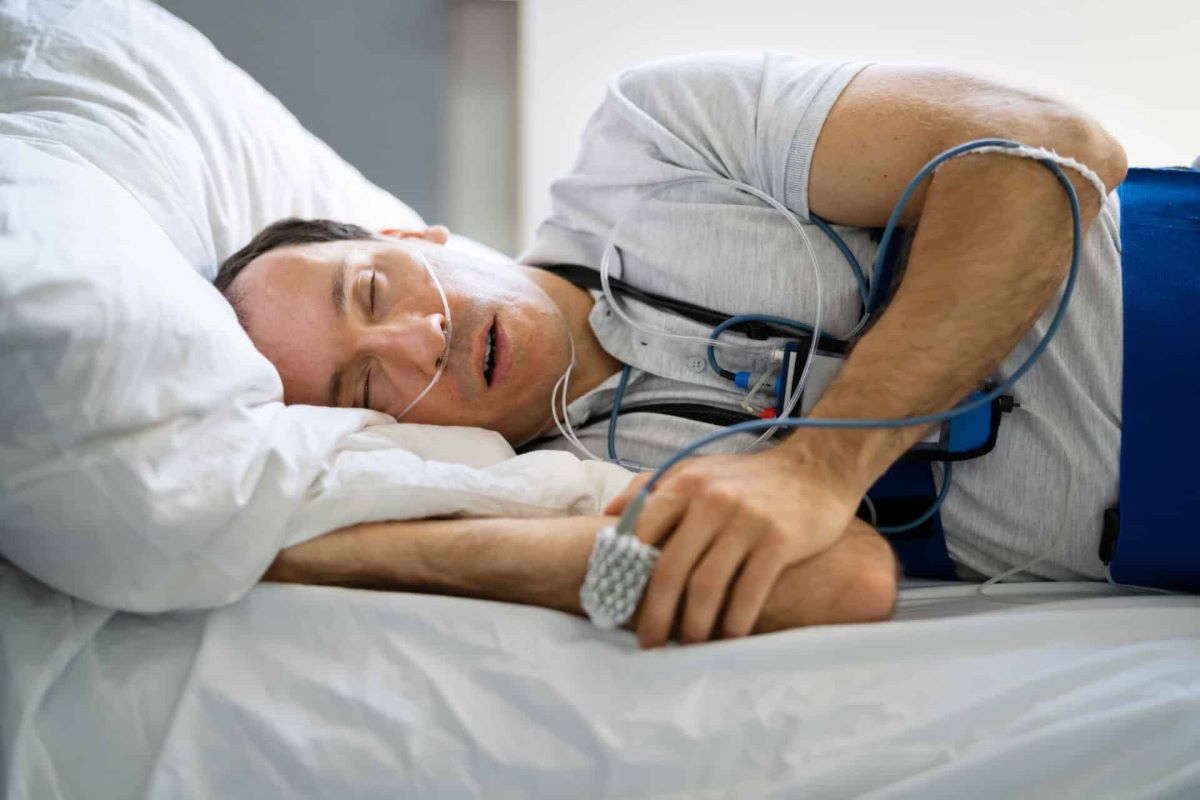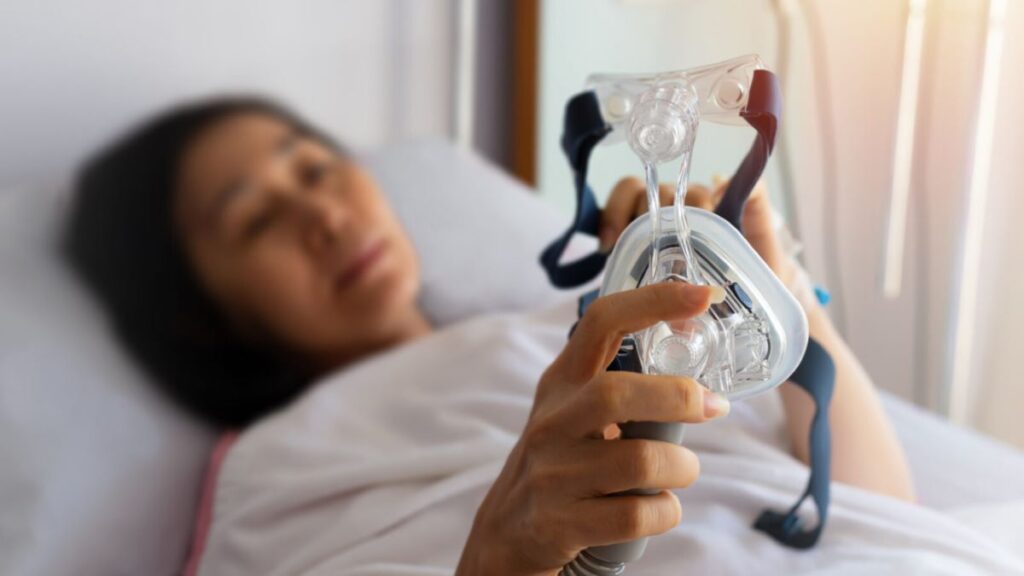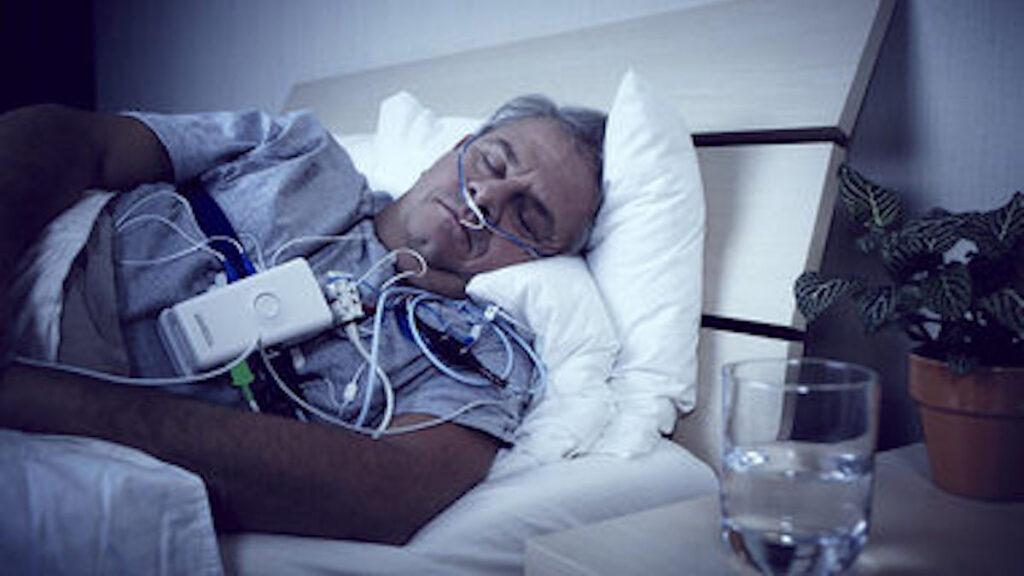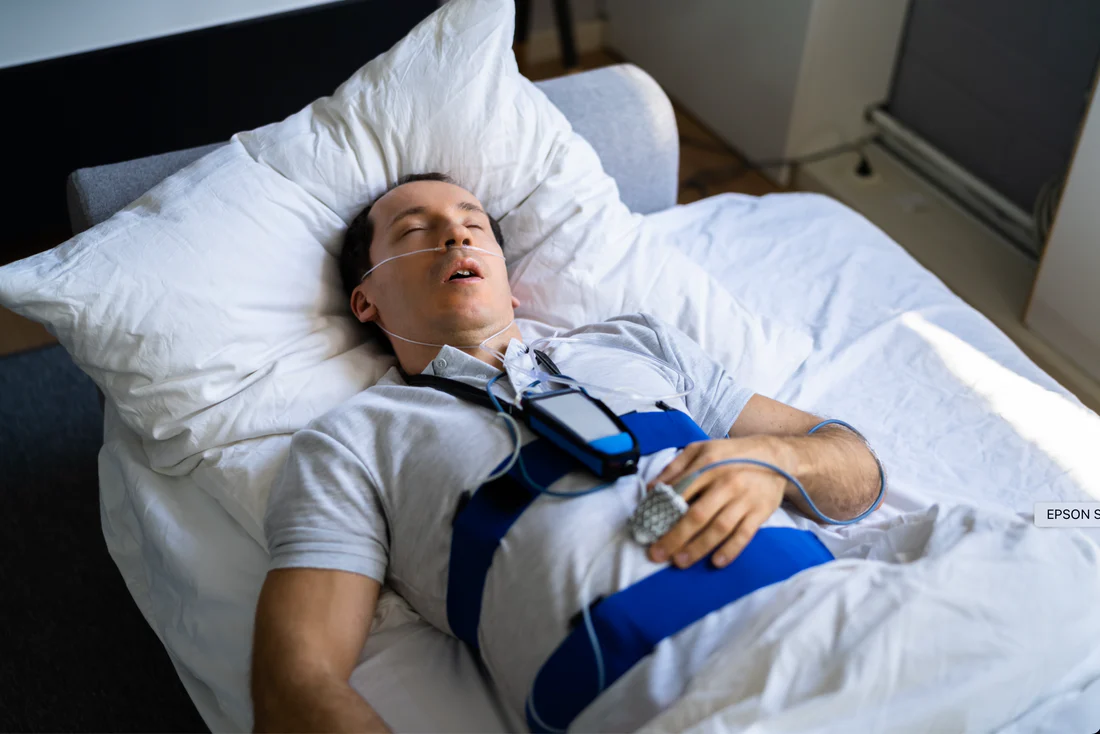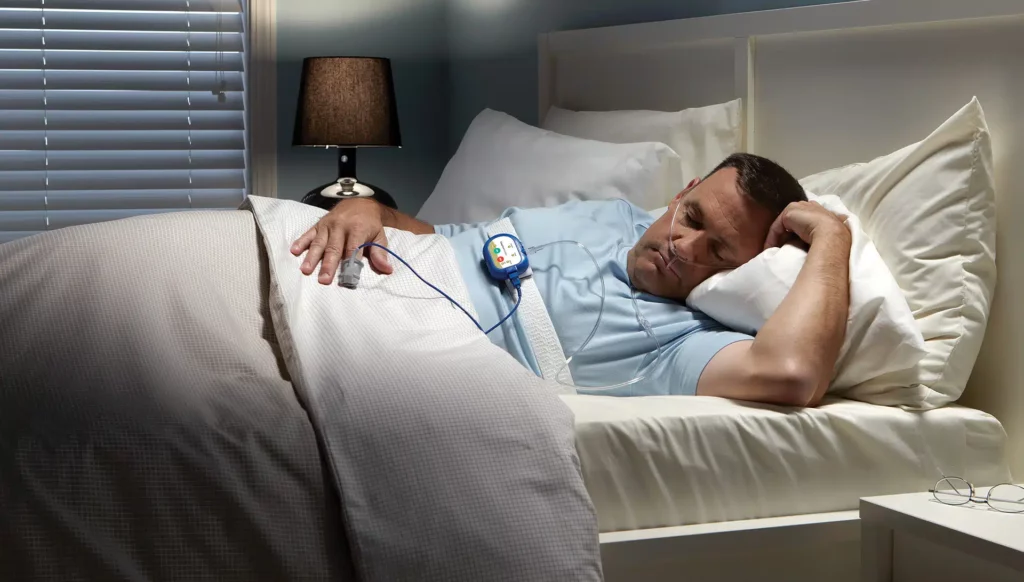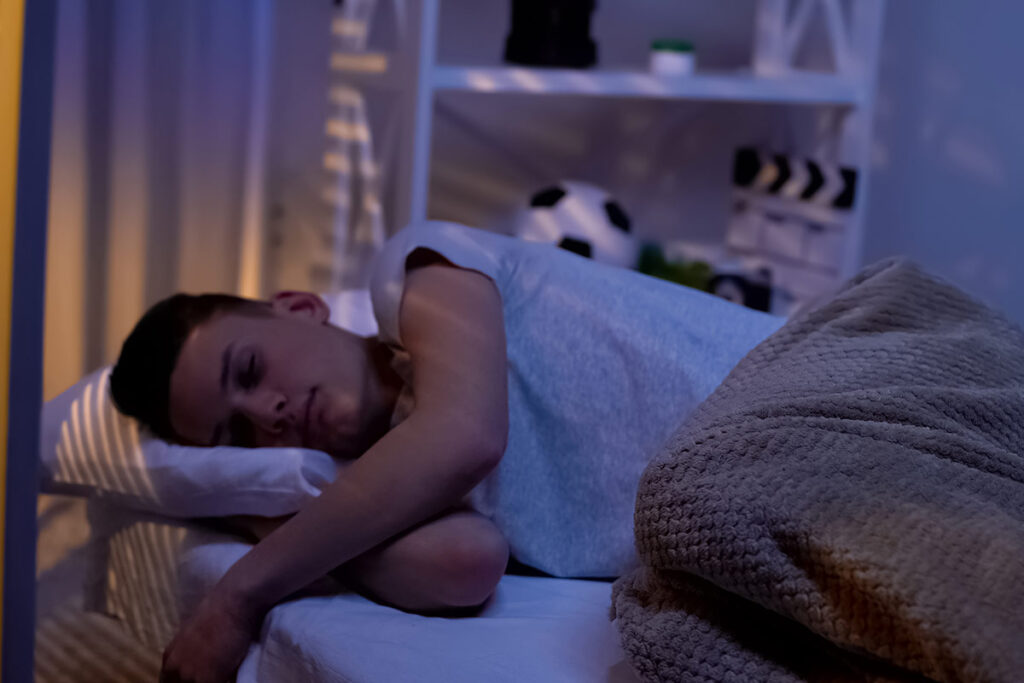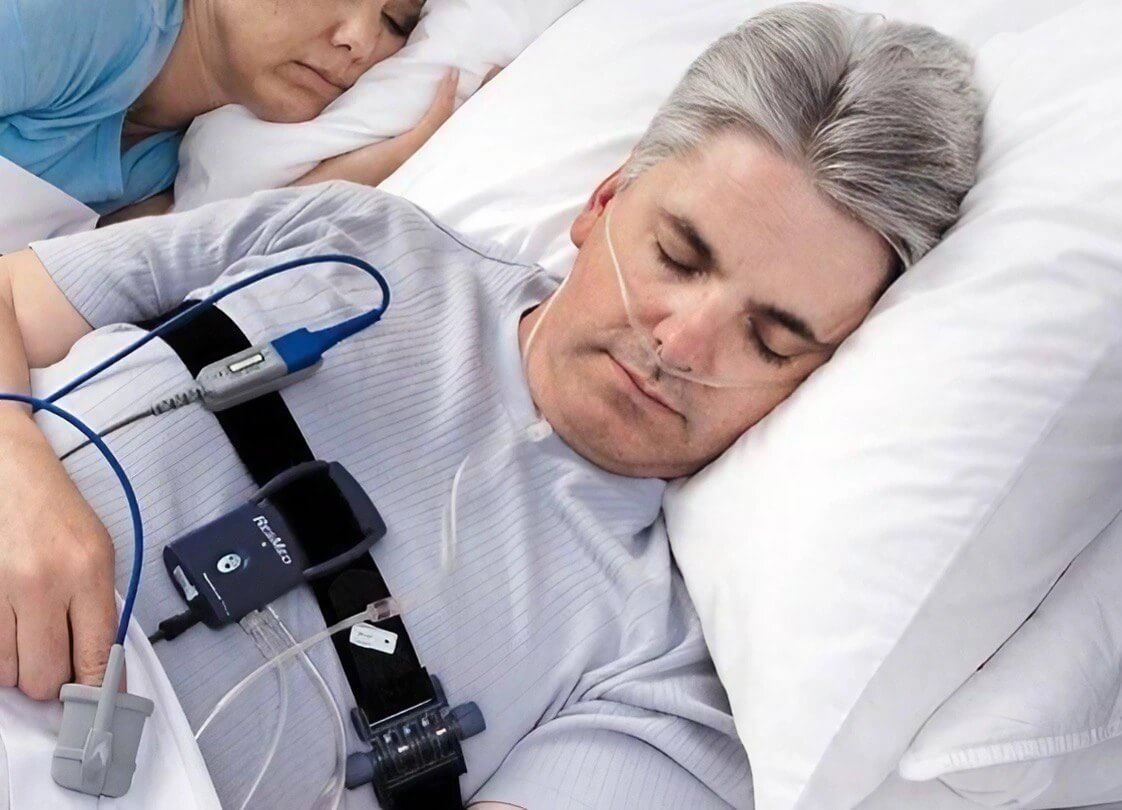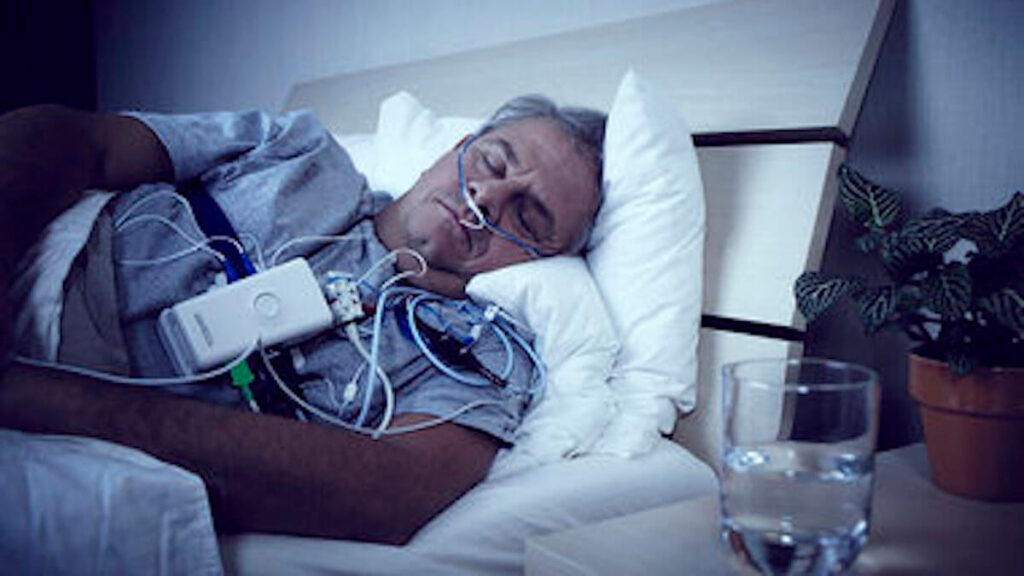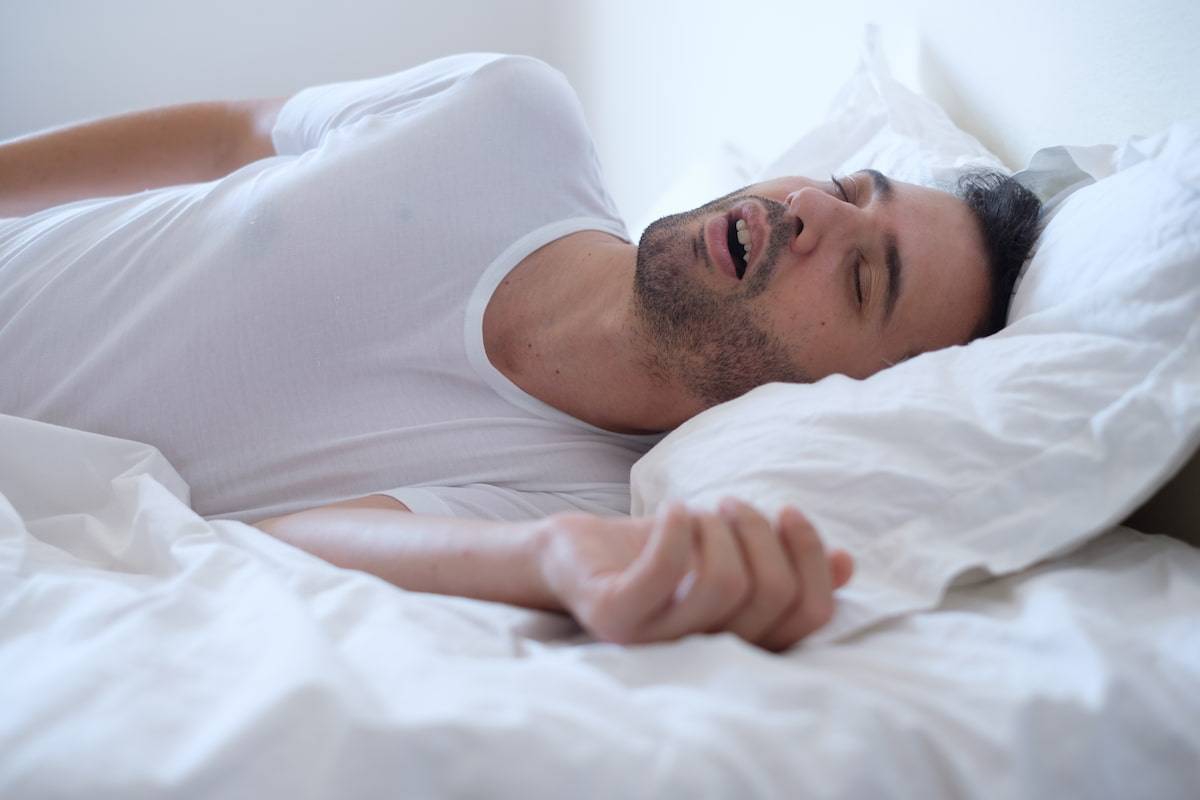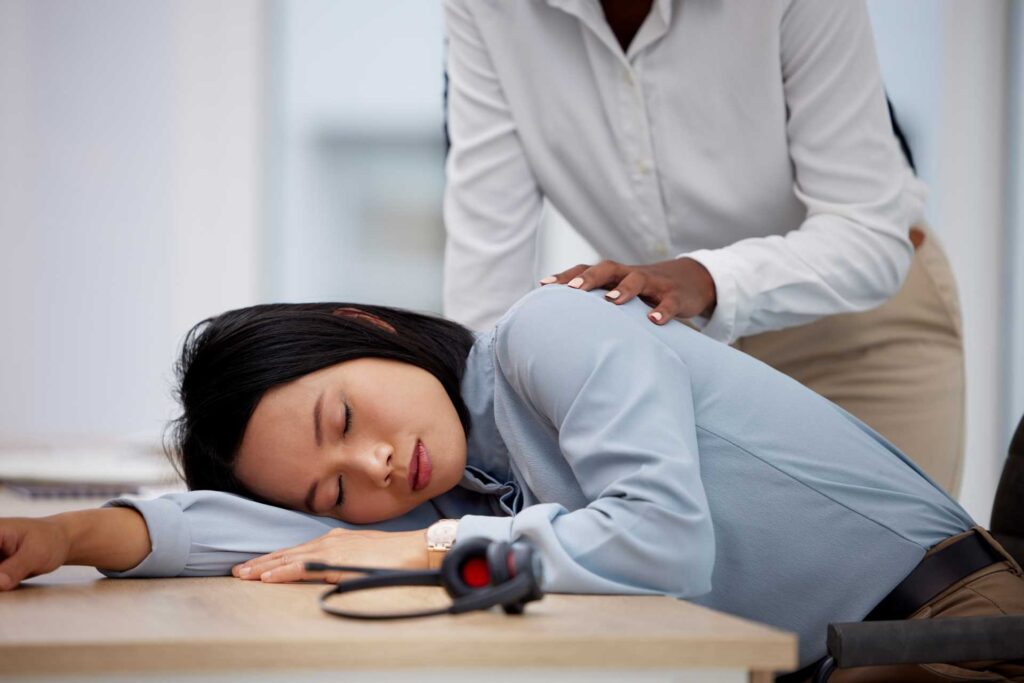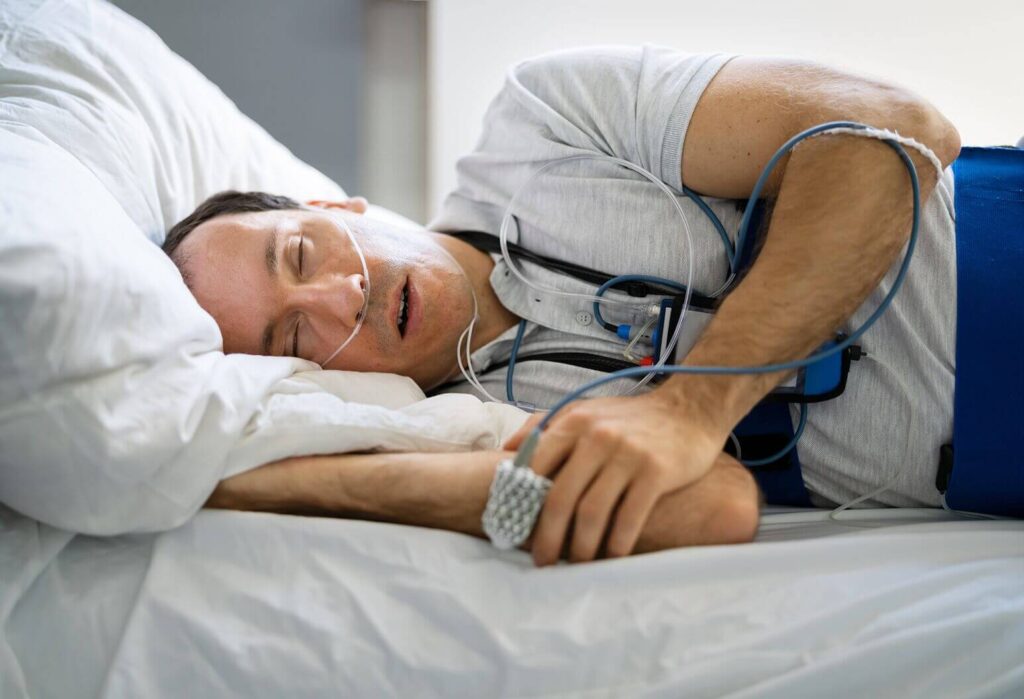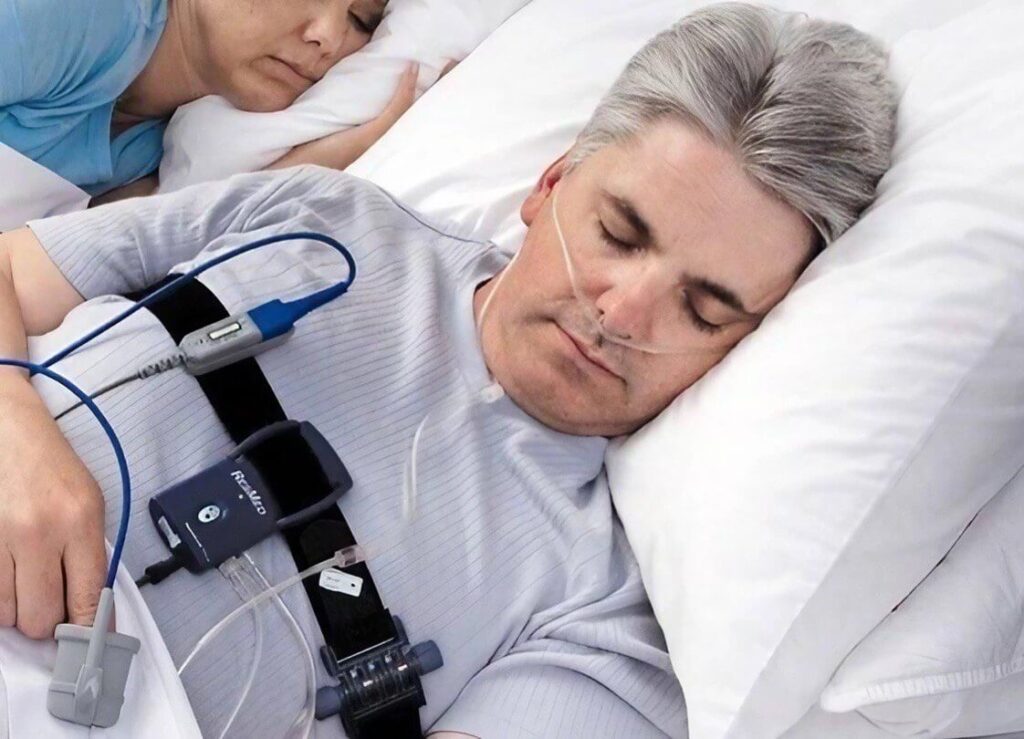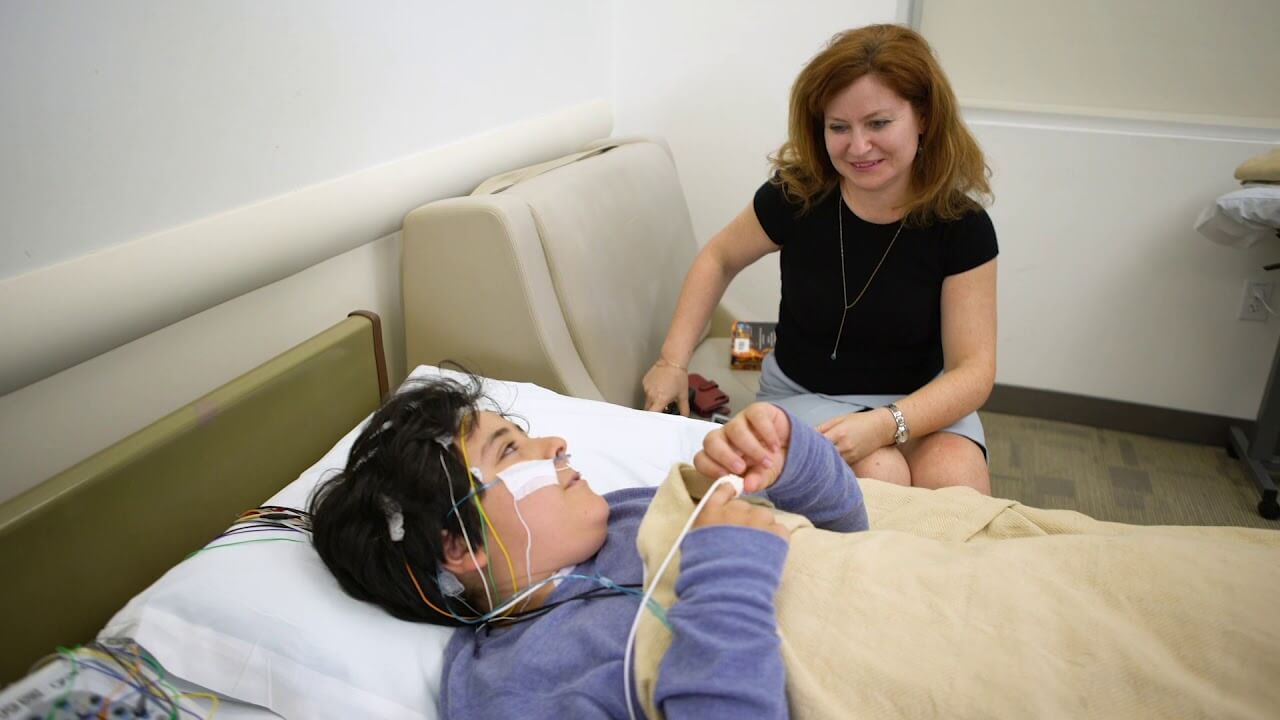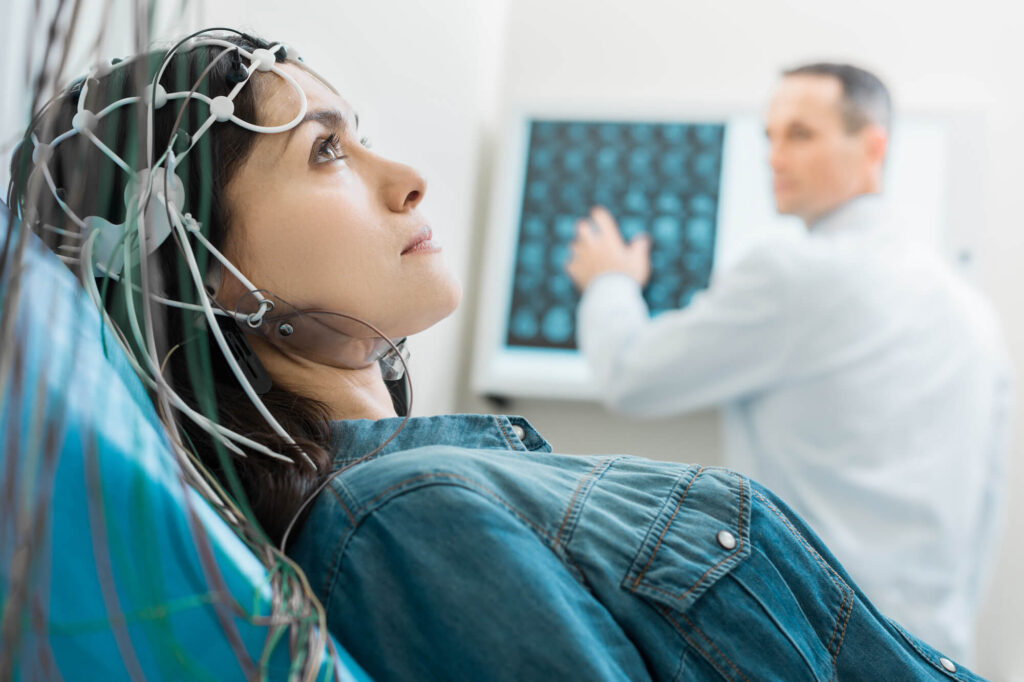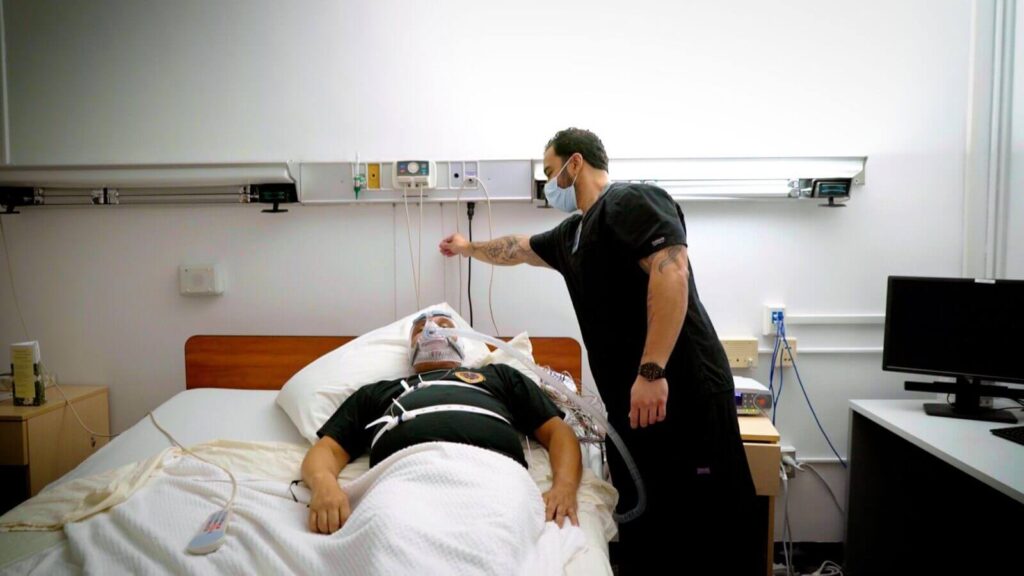Understanding the Different Types of Sleep Apnea: Obstructive, Central, and Complex
What Is Sleep Apnea and Why Does It Matter?
Sleep apnea is more than just loud snoring or restless nights — it’s a serious sleep disorder that disrupts your breathing while you sleep. People with sleep apnea may stop breathing hundreds of times per night, often without realizing it.
If you wake up feeling tired even after a full night’s sleep, struggle with daytime fatigue, or hear complaints about your snoring, sleep apnea could be the hidden cause. Understanding the different types of sleep apnea is essential to getting the right diagnosis and treatment.
The Three Main Types of Sleep Apnea
Sleep apnea isn’t a one-size-fits-all condition. Doctors classify it into three main types — each with unique causes and symptoms:
- Obstructive Sleep Apnea (OSA)
- Central Sleep Apnea (CSA)
- Complex Sleep Apnea Syndrome (also known as Treatment-Emergent Sleep Apnea)
Let’s explore how each type works, what causes them, and how they’re treated.
1. Obstructive Sleep Apnea (OSA): The Most Common Type
What Happens During OSA
Obstructive sleep apnea occurs when the muscles in the back of your throat relax too much during sleep, causing your airway to collapse or narrow. This blockage temporarily stops airflow, making you gasp, choke, or wake up to resume breathing.
Your brain constantly nudges your body awake to reopen the airway — which prevents you from reaching deep, restorative sleep stages.
Common Symptoms of OSA
- Loud, chronic snoring
- Gasping or choking during sleep
- Morning headaches
- Dry mouth or sore throat
- Excessive daytime tiredness
- Difficulty concentrating
Major Causes of OSA
- Excess weight: Fat deposits around the upper airway increase blockage risk.
- Anatomy: A small jaw, large tonsils, or a thick neck can narrow the airway.
- Age and gender: Middle-aged and older men are more prone, though women post-menopause are also at risk.
- Lifestyle factors: Alcohol, sedatives, and smoking can worsen airway collapse.
Treatment Options for OSA
- CPAP Therapy: A continuous positive airway pressure (CPAP) machine keeps your airway open by delivering a steady flow of air.
- Oral Appliances: Mouthguards that reposition your jaw to improve airflow.
- Lifestyle Changes: Weight loss, regular exercise, and avoiding alcohol before bed can greatly reduce symptoms.
- Surgery: In severe cases, doctors may remove or reshape tissues that block breathing.
2. Central Sleep Apnea (CSA): A Problem in the Brain’s Signals
What Happens During CSA
Unlike obstructive sleep apnea, central sleep apnea doesn’t stem from a blocked airway. Instead, it occurs when the brain fails to send proper signals to the muscles that control breathing.
In other words, your brain “forgets” to tell your body to breathe temporarily — leading to pauses in airflow and lower oxygen levels.
See more: Home Sleep Study Adelaide: Convenient Testing Without the Clinic
Common Symptoms of CSA
- Repeated pauses in breathing without snoring
- Shortness of breath after waking up
- Trouble staying asleep
- Morning fatigue
- Difficulty concentrating or memory issues
Major Causes of CSA
- Heart conditions: Especially heart failure or atrial fibrillation
- Stroke or brain injury
- Certain medications: Especially opioids or sedatives
- High-altitude sleeping
- Neurological disorders
Treatment Options for CSA
- Adaptive Servo-Ventilation (ASV): A device that adjusts air pressure dynamically to match your breathing pattern.
- Bilevel Positive Airway Pressure (BiPAP): Delivers different pressures for inhaling and exhaling to support natural breathing.
- Medication adjustments: If opioids or sedatives contribute to CSA, dosage or medication changes may help.
- Treating underlying conditions: Managing heart or neurological diseases can often improve symptoms.
3. Complex Sleep Apnea: When Both Conditions Combine
What Is Complex Sleep Apnea?
Complex sleep apnea — also called treatment-emergent central sleep apnea — occurs when a person initially diagnosed with obstructive sleep apnea develops central sleep apnea during CPAP therapy.
It’s as if the treatment for one problem triggers another, though the cause isn’t fully understood.
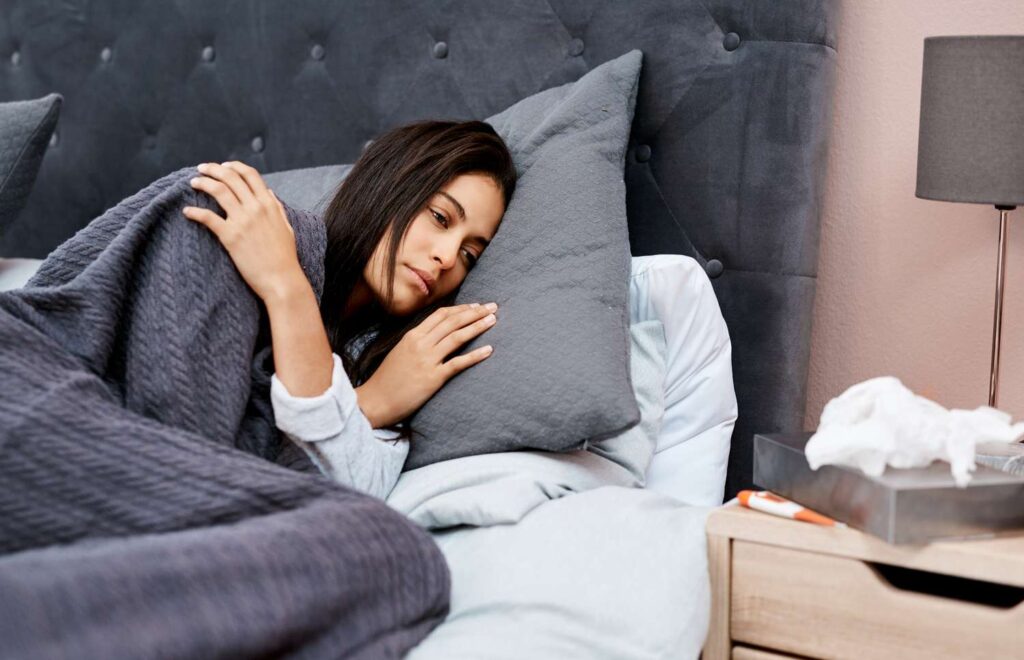
Why It Happens
Experts believe it’s linked to how the body responds to the increased air pressure from CPAP machines. The brain becomes too sensitive to changes in blood oxygen and carbon dioxide levels, occasionally pausing breathing unintentionally.
Treatment Options for Complex Sleep Apnea
- ASV Machines: These advanced devices adapt in real-time to stabilize breathing.
- Titration Studies: Sleep specialists may adjust CPAP pressure levels for better balance.
- Ongoing Monitoring: Regular sleep studies ensure therapy remains effective and comfortable.
How Sleep Apnea Affects Overall Health
Leaving sleep apnea untreated can have serious long-term effects. Interrupted sleep and oxygen deprivation can strain your heart, brain, and metabolism.
Potential Health Risks Include:
- High blood pressure
- Heart disease and stroke
- Type 2 diabetes
- Depression or anxiety
- Cognitive decline
- Daytime drowsiness leading to accidents
When you’re constantly tired after sleeping, your body’s natural repair cycle is disrupted — affecting energy levels, focus, and emotional well-being.
How Is Sleep Apnea Diagnosed?
To determine which type of sleep apnea you have, doctors recommend a sleep study (polysomnography).
This overnight test records your:
- Breathing patterns
- Oxygen levels
- Brain activity
- Heart rate and muscle movements
The results help your sleep specialist design a personalized treatment plan that targets your specific sleep disorder.
Living with Sleep Apnea: Practical Tips for Better Sleep Health
Whether you have OSA, CSA, or complex sleep apnea, lifestyle changes can make a huge difference:
- Maintain a healthy weight
- Sleep on your side, not your back
- Avoid alcohol and smoking
- Stick to a consistent bedtime routine
- Use CPAP or prescribed devices consistently
With proper treatment, most people with sleep apnea enjoy better sleep, improved mood, and restored energy within weeks.
Conclusion: Know Your Type, Take Control of Your Sleep
Sleep apnea may sound daunting, but knowledge is your best tool. By understanding the different types — obstructive, central, and complex — you can seek the right treatment and reclaim your nights of peaceful rest.
If you or someone you know struggles with unexplained tiredness, snoring, or irregular breathing during sleep, don’t ignore the signs.
Consult a sleep specialist and take a simple sleep study — because better sleep means a better life.
FAQS
Obstructive sleep apnea (OSA) is the most common type, caused by a physical blockage in the airway during sleep. It leads to loud snoring, gasping, and poor-quality rest. Fortunately, treatments like CPAP therapy and lifestyle changes can help manage symptoms effectively.
Central sleep apnea is treatable but not always curable. It depends on the underlying cause, such as heart disease or medication use. Managing the root problem and using devices like ASV or BiPAP can significantly reduce symptoms and improve breathing patterns during sleep.
Complex sleep apnea is usually identified when a patient with obstructive sleep apnea develops central apneas after starting CPAP therapy. A follow-up sleep study helps doctors confirm the condition and adjust treatment, often using adaptive ventilation or alternative pressure settings.
Yes. Maintaining a healthy weight, avoiding alcohol, quitting smoking, and practicing good sleep hygiene can reduce symptoms across all sleep apnea types. While lifestyle changes alone may not cure severe cases, they greatly enhance the effectiveness of medical treatments.

